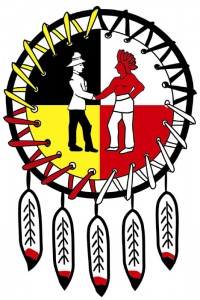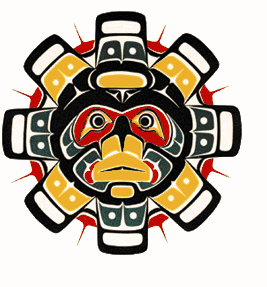First Nation is set to declare a vast chunk of the Chilcotin as a tribal park, including the site of the controversial proposed New Prosperity mine at Fish Lake.A formal ceremony unveiling Dasiqox Tribal Park is set for Oct. 4, less than four months after a landmark Supreme Court of Canada ruling found that the Tsilhqot’in people have title to 1,750 square kilometres of land west of Williams Lake.Since Canada was created in 1867, the federal government has been in charge of aboriginal affairs. The Indian Act, which was enacted in 1876 and has since been amended, allows the government to control most aspects of aboriginal life: Indian status, land, resources, wills, education, band administration and so on.
Dave Williams, president of Friends of the Nemiah Valley, which works closely with the Tsilhqot’in people on conservation projects, explained in an interview that large-scale industrial mining and clear-cut logging would not be allowed in the tribal park, but that smaller-scale resource activities such as sustainable logging with portable mills may be suitable to provide employment for natives.
Between 1879 and 1996, tens of thousands of First Nations children attended residential schools designed to make them forget their language and culture, where many suffered abuse. On behalf of Canadians, Prime Minister Stephen Harper made a formal apology in 2008 to Canada’s Aboriginal Peoples for this policy that sought to “kill the Indian in the child.”Many aboriginal people have an ambivalent relationship with the Indian Act. They denounce its paternalism, but are at the same time reluctant to give up its protections, such as tax exemptions in the reserves.Some aboriginal communities have chosen to throw off the yoke of this law by signing treaties to form their own governments and manage their own affairs.
Sources:
http://www.cbc.ca/news/canada/background-the-indian-act-1.1056988




